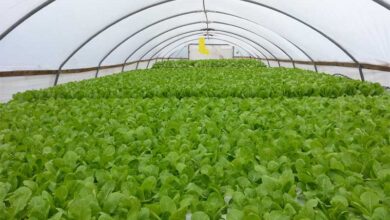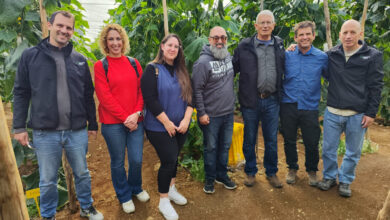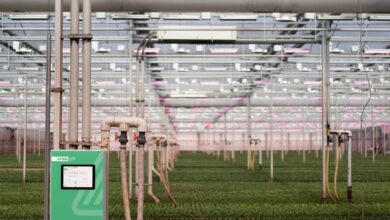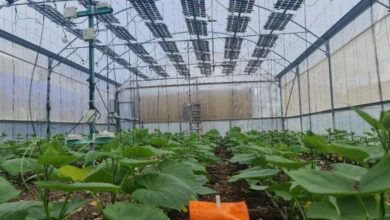Diffused light and pre-treated air enhance greenhouse crops
Growing crops in greenhouses rather than in open fields in order to maximize yields
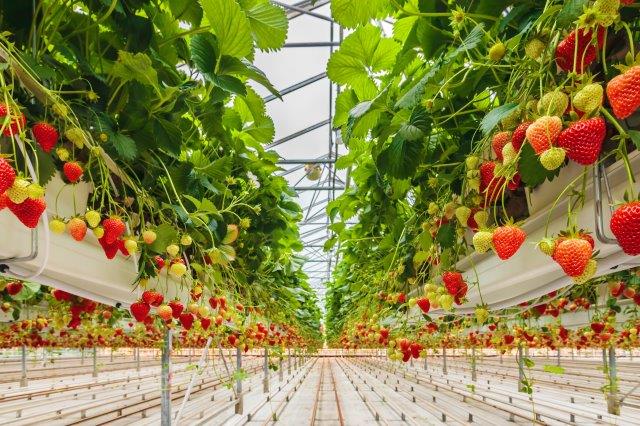
During ‘Agritech 2018’ held this month in Tel Aviv, we had the opportunity to met Svensson’s Mr. Hugo Plaisier .
He described the trend towards growing crops in greenhouses rather than in open fields and the role of the diffused light produced by his company’s latest climate screen greenhouse screens in maximising yields.
In recent years, many farmers in both hot and cold countries have been moving some of their crops, such as strawberries and tomatoes, from the fields to greenhouses.
This has affected strawberry growing in the Netherlands dramatically. It has gone from being a summer crop, harvested mainly in June and, sometimes in July, weather permitting, to a fruit that can be enjoyed all year round. As an added benefit, the farmer can control the quality and growth speed.
Tomatoes grown in open fields require at least ten times more water than when they are grown in greenhouses, stimulating the construction of greenhouses in arid countries.
A vital factor in greenhouse agriculture is the ability to regulate the amount of heat, light, shade and humidity in both hot and cold climates.
In hot, arid countries greenhouse growers benefit from water savings and protection from the heat and in cold countries, they benefit from extended growing seasons.
In hot countries, they use semi-closed greenhouses that employ cooling devices that introduce pre-treated outside air. Such treatment can include both dehumidification and cooling.
The current trend in Russia to locate greenhouses near population centres means that vegetables do not need to be transported over vast distances in conditions of minus forty degrees along snow covered roads.
In cold countries, various natural methods are used to heat the greenhouses. In Germany large greenhouses are being located near power stations to exploit the heat from waste treatment facilities, and in the Netherlands and Turkey, geothermal wells provide hot natural water for heating them.
Some major supermarket chains now grow their own greenhouse crops and others specify strict regulations for growers to enhance customer satisfaction. A particular customer complaint concerns the use of chemical pesticides. Biological pesticides are sufficiently effective for greenhouse vegetables.
Mr.Hugo Plaisier says that in response to demand from growers, with whom his company maintains a close relationship, Svensson has developed a range of screens both for energy saving as well as for shading. The screens save energy by retaining heat but their main advantage is that they allow diffused light in during the day.
The screens take care for the needed shading from direct sunlight but at the same time spread the light over the plant. Research has shown that when plants are exposed to diffused light, that is light coming from all directions, they grow ten percent better.

